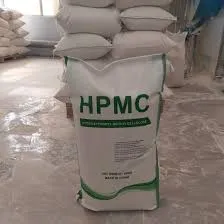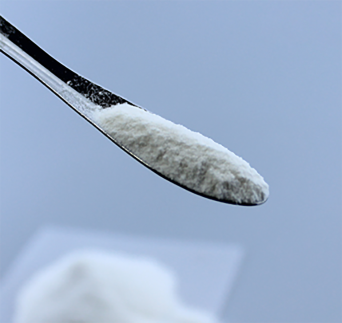
Feb . 04, 2025 03:05 Back to list
mortar bonding agent


Professional expertise reveals that the application of a mortar bonding agent requires meticulous attention to detail to ensure its efficacy. The substrate must be suitably prepared; impurities like dust, oil, and old paints should be thoroughly removed to promote optimal bonding. This preparation phase often involves mechanical methods such as sandblasting or high-pressure washing to achieve the necessary substrate roughness. The advised coverage and application methods, often detailed by the manufacturer, should be rigorously followed to avoid over or under-utilizing the product, both of which can lead to suboptimal results. Given their importance, the choice of a mortar bonding agent should be aligned with specific project requirements. Factors such as the environmental conditions, nature of the substrate, expected mechanical loads, and chemical exposure must be considered. For instance, a high-performance polymer-based bonding agent might be suitable for high-traffic areas whereas a latex-based agent is often adequate for less demanding applications. Consulting with structural engineers and providing detailed system specifications can ensure that the chosen product meets all necessary performance parameters. Additionally, advancing technology in materials science has led to the development of eco-friendly mortar bonding agents. These environmentally conscious options aim to reduce the footprint of construction activities without compromising quality and durability. Contractors are increasingly adopting these products to align with sustainable construction practices, catering to the growing market demand for green building solutions. In conclusion, mortar bonding agents are pivotal in modern construction, providing enhanced bonding, durability, and chemical resistance necessary for sustainable and resilient structures. By understanding their benefits, proper application techniques, and selection criteria, construction professionals can ensure that their masonry work not only stands the test of time but also meets the comprehensive needs of today’s building standards. As technology continues to evolve, the role of these agents will likely expand, providing even greater efficiencies and benefits in construction methodologies.
-
Unlocking the Benefits of HPMC Products: A Gateway to Versatile Applications
NewsAug.07,2025
-
Unleashing the Potential of HPMC Ashland: A Comprehensive Look
NewsAug.07,2025
-
Tile Bonding Cellulose: The Key to Superior Adhesion and Durability
NewsAug.07,2025
-
Hydroxypropyl Methylcellulose Powder: The Versatile Component in Modern Pharmaceuticals
NewsAug.07,2025
-
Hydroxyethyl Cellulose: The Versatile Solution for Various Industries
NewsAug.07,2025
-
Hydroxyethyl Cellulose (HEC): The Versatile Polymer for Various Applications
NewsAug.07,2025







